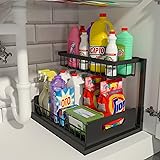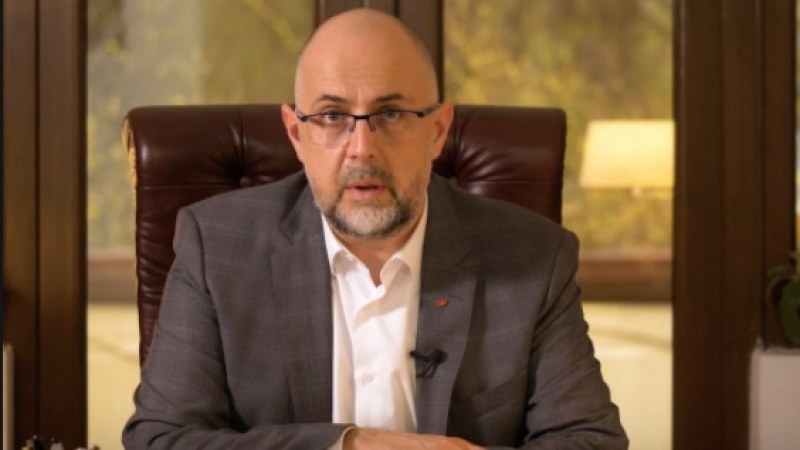:format(jpeg)/cloudfront-us-east-1.images.arcpublishing.com/tgam/IQ2KWL47H5AVNFBWNMENWWFGX4.JPG)
Line workers assemble a Lexus SUV at the Toyota plant in Cambridge, Ont., in 2015. A decision by the USMCA dispute panel upheld regional content rules agreed to in the renegotiation of the NAFTA deal that give companies more incentive to make auto parts for North American vehicles in Canada and Mexico.Aaron Lynett
Arbitration under the USMCA has ruled in favour of Canada and Mexico in a dispute with the United States over regional content rules for automobiles – a ruling that comes as a relief to one of this country’s largest and most critical manufacturing sectors.
The dispute panel’s decision gives companies more incentive to make auto parts for North American vehicles in Canada and Mexico by upholding regional content rules agreed to in the renegotiation of the NAFTA deal. The USMCA (United States-Mexico-Canada Agreement) took effect July 1, 2020.
International Trade Minister Mary Ng, in Mexico City with Prime Minister Justin Trudeau for the North American Leaders’ Summit and bilateral talks with Mexico, welcomed the dispute panel’s decision. She said it “provides flexibility for automobile makers in Canada, Mexico and the United States” in meeting the content threshold to receive an exemption from tariffs on foreign vehicles.
Canada’s auto-parts industry employs 100,000 people in the fabrication of parts as well as the software and supplies needed for manufacturing. It produces about $35-billion a year in product, nearly half of which is exported. About 95 per cent of those exports go to the United States.
The auto-content ruling was originally leaked in December via a Mexican government tweet – that was later deleted – but on Wednesday it was publicly confirmed and the full text of the dispute panel’s verdict unveiled.
The decision is “disappointing,” said Adam Hodge, a spokesperson for the United States Trade Representative’s office, adding that it could result in “fewer American jobs.”
Under the USMCA, the United States must now agree with Canada and Mexico on how to apply the panel decision, or face possible retaliatory tariffs.
“We are reviewing the report and considering next steps,” Mr. Hodge said. The USTR will now “engage Mexico and Canada on a possible resolution to the dispute,” he added.
Flavio Volpe, president of Canada’s Automotive Parts Manufacturers’ Association, said the decision is important because it protects investment decisions made on the original interpretation of what constitutes a made-in-North America automobile that is eligible for exemption from tariffs on foreign-made vehicles.
“We agreed on terms after three years of negotiation that worked and the new [Biden] administration reinterpreted those rules that we thought was going to harm some of the sourcing decisions” for auto parts, Mr. Volpe said.
Under USMCA, 75 per cent of a vehicle’s components must originate in North America to qualify for tax-free status, but the United States disagreed with how to calculate that number.
Mexico and Canada said if a “core part,” such as the engine or transmission, has 75-per-cent regional content, the USMCA allows that number to be rounded up to 100 per cent when calculating the broader requirement for an entire car’s regional content.
The United States said “core part” content should not be rounded up when determining the content of the entire car.
If the U.S. position was upheld, it could have hurt auto-parts production in Canada and Mexico because automakers may have regarded a higher threshold for North American content as too costly to meet. Instead, Mr. Volpe said, automakers could have decided to forgo meeting content requirement, use more offshore parts and instead pay the tariff for foreign-made vehicles.
Mr. Volpe said the decision is also important because it sends a signal that the USMCA dispute-settlement process is impartial and not biased in favour of the United States. “The USMCA has to work and we have to be able to rely on it – and that includes on dispute resolution.”
He said he expects the U.S. will comply with the ruling because, in his opinion, the Biden administration can say “it went to bat” for an industry and did its best.
The decision came the day after the North American Leaders’ Summit (also called the Three Amigos Summit) concluded. Mr. Trudeau remained in Mexico City for one-on-one meetings with Mexican President Andres Manuel Lopez Obrador.
Mr. Trudeau, speaking before the auto-content ruling was unveiled, used a speech to a business audience at the city’s Centro University to defend the USMCA and urge a retreat from protectionism.
“Of course, like all friends, we’ll have our disagreements from time to time,” Mr. Trudeau told the audience. “But, over all, things are working very well.”
It’s been less than three years since a new NAFTA deal took effect and disputes have proliferated. These include the auto-content rules, access to Canada’s protectionist dairy system, and whether Mexico is discriminating against Canadian and American investors by giving preferential treatment in its energy market to its state oil company and a national power utility. Another dispute is brewing over Mr. Lopez Obrador’s plan to ban imports of genetically modified corn in 2024.
Hanging over the three-country free-trade pact is the mandated review of the USMCA that was baked into the agreement, which means all parties must agree to extend the deal by 2026. Failure to do so will create uncertainty because of annual reviews for the final 10 years or until all parties agree to extend the deal for another 16-year term.
Mr. Trudeau said the three countries need to resist the urge to protect their domestic industries from competition. “Of course, when the world is uncertain, it’s human nature to look inwards. To feel the pull of protectionist urges. To want to hunker down and let the storm blow past,” he said.
“But, as governments and leaders, we need to be wise enough to recognize that giving in to those voices is not the way to overcome our challenges. Putting up trade barriers is putting up barriers to growth. And that doesn’t help anyone.”
With reports from Reuters
Note: This article have been indexed to our site. We do not claim legitimacy, ownership or copyright of any of the content above. To see the article at original source Click Here












